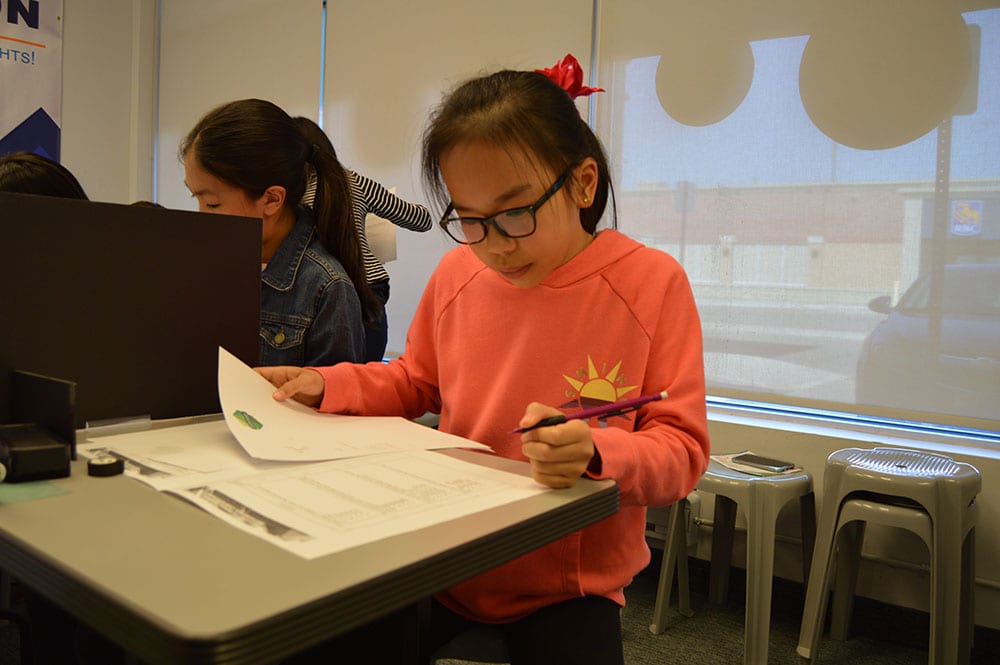
Studying for exam finals can be a very stressful time of a student’s life, but luckily there are proven methods to make it much easier. The key is to think outside of the box and not just cram nonstop.
Here are 15 best ways to prepare for exams and achieve great success.
- Do not Cram: As mentioned above, do not cram! What this means is to study in sessions less than an hour long, resting for 5-10 minutes, then continuing again. This will allow students to focus much better over long periods of time and actually absorb the information better.
- Plan ahead with a schedule: Most likely you will have multiple subjects to study for, and planning out the schedule for studying each subject will cause less anxiety and allow a structured approach to complete each subject.
- Avoid All-Nighters: With proper scheduling, that also means to create a schedule that does not require all-nighters. Having a lack of sleep will cause the studying to proceed much slower during the long sessions, and also negatively impact the information recall during the exams.
- Find a good studying Location: After planning for when and what, it is time to plan where. Finding a location with minimal distraction is very important to not interrupt a student’s focus when studying. That means away from where you can watch shows or have audio distractions.
- Clean up the space: While noise and shows can distract a person trying to study, clutter around the desk can be detrimental as well. Be sure to also provide enough light to study, to avoid eye strain.
- Do Exercises: One may ask what does exercising have to do with studying, but getting blood and oxygen flowing into the brain will definitely help. Of course, the advice is to do moderate cardio blood-flowing exercise and not exercises that would tire a person out too much.
- Have good nutrition: Oxygen and blood flow are important, but so is nutrition. That means one should avoid sugar to avoid energy level crashing in the middle of the study session. Instead, do eat healthy foods like fish, vegetables, nuts, yogurt and blueberries.
- Use Visual Aids: With all the personal and space preparation ready, there are also other useful tools to assist in preparation for an exam. One such tool is visual aids. By using visual aids, your memory will retain better by having a visual anchor through association. When the memory needs to be retrieved at a later time, there will be multiple connections to the memory to assist with recall.
- Get study buddies: The main benefit of having study buddies is not just to help pass the time. By explaining and teaching the subject to others, it helps you to further lock down the information in your own brain at the same time. Be sure to not get distracted though!
- Learn from different perspectives: Another great reason for study buddies, is to create a pool of teachers to help answer any question which you may be stuck with. There is even the added benefit of being taught from different perspectives so that there is a greater chance you can learn a particularly troublesome subject.
- Practice with old exams: By using old exams to practice exams with, it will help to minimize stress during the actual testing and allow students to better recall information. This will also help to target what particular areas may need additional studying on. The formatting of old tests are also important to note, whether they are long form or multiple-choice questions.
- Ask about what will be on the test: This may seem like something very obvious, but not everyone in the class will actually know this. Be sure to ask the teacher what will be on the exam! While the teacher may not be able to fully answer this question, it will at least provide some guidance so that students can better focus on the appropriate material.
- Keep good notes in class: This is something that needs to be done during classes and not done when studying for the exam of course. Be sure to write notes in a way that is clear and organized, so that the information will be very easy to understand at a glance when you need to find information. This will allow you to use the notes much more effectively during studying for the exam.
- Check out the study guides: There are often reviews and study guides built into text books. These sections are great as a checklist to make sure you fully know all the required information from each chapter of the text books. If there are any sections that you do not recognize or do not feel confident with, be sure to brush up on those sections before exam studying even starts.
- Quiz yourself with flashcards: Flashcards are wonderful study tools to test your memory with. When you create flashcards, it helps to lock in those memories for future recall. Then when you choose random flashcards to quiz yourself with, it will further ingrain those topics into memory. This will also help to identify which topics may need additional studying on.
If you follow along with this guide of top 15 tips to prepare for exams, you will boost your chances of getting higher marks in your tests and exams. Some of the tips are meant to be used during studying, but many require planning and work in advanced. Be sure to plan in advance on how to take better notes, develop good studying habits, and create a network of study buddies to assist each other. These things may take time to do at first, but once you have gotten used to doing them, it will benefit you for a lifetime.
Sign up for Success Tutorial School Homework Headquarters for Free Homework Help.


